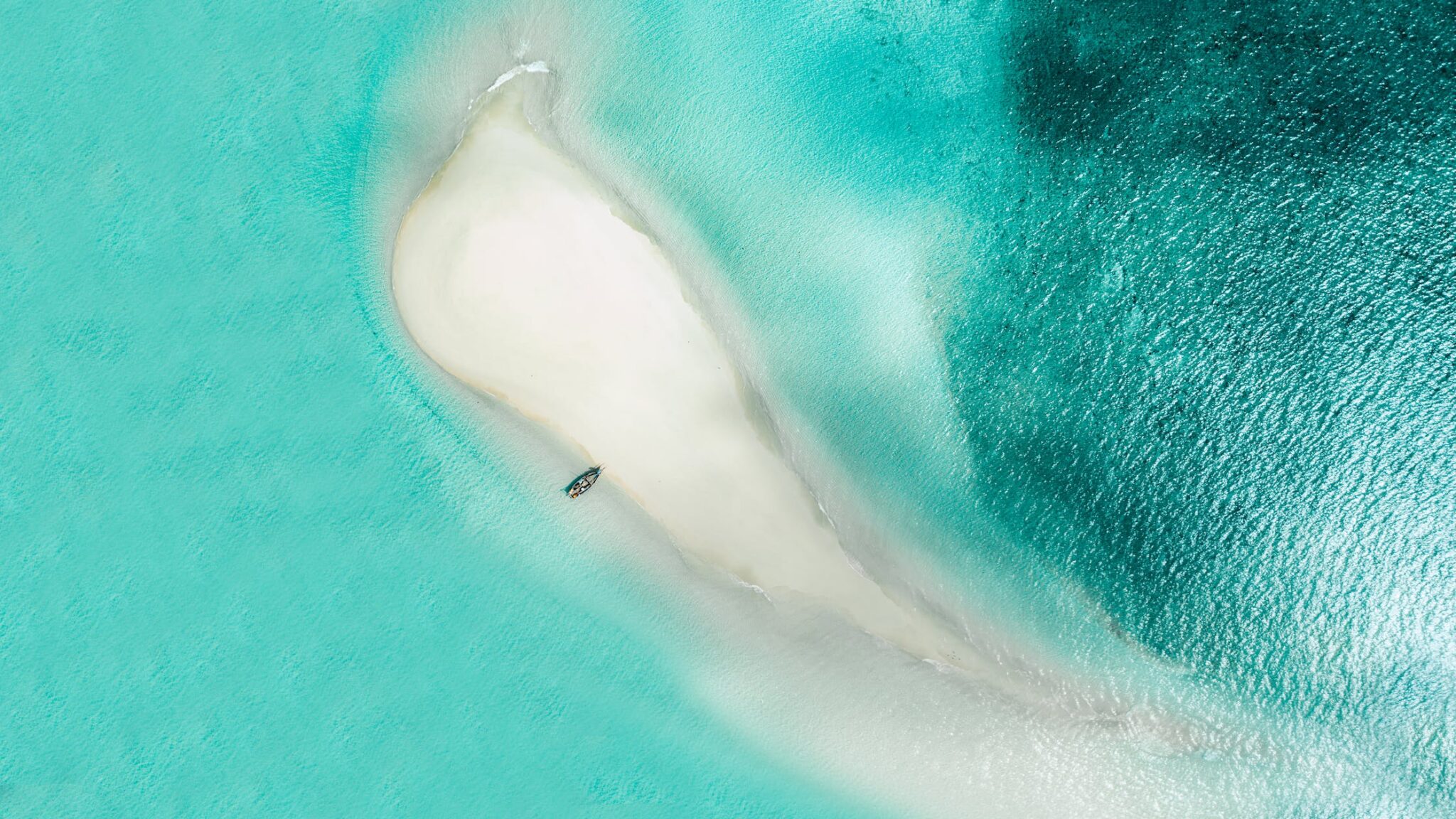Discover Zanzibar with Us
Tailored Experiences Across Zanzibar
Dive into Zanzibar’s diverse offerings with Makuti. From pristine beaches to vibrant markets and historic Stone Town, our curated tours provide a deep understanding of the island’s unique blend of cultural heritage and natural beauty.

Useful Information
Prepare for Your Zanzibar Journey
Essential Tips for a Seamless Travel Experience
Before embarking on your Zanzibar adventure, reaad the crucial travel details to ensure a smooth experience. From necessary vaccinations and passport requirements to understanding the local climate, language, and currency. Prepare for your trip by acquainting yourself with these essentials, and look forward to exploring Zanzibar’s stunning landscapes and rich cultural tapestry worry-free.

Climate
Zanzibar has a tropical monsoon climate.
The heat of summer (corresponding to the Northern Hemisphere winter) is often cooled by strong sea breezes associated with the northeast monsoon (known as Kaskazi in Kiswahili), particularly on the north and east coasts. Being near to the equator, the islands are warm year-round. The rainfall regime is split into two main seasons, a primary maximum in April, and May in association with the southwest monsoon (known locally as Kusi in Kiswahili), and a secondary maximum in November and December. The months in between receive less rain, with a minimum in July.

Document and Visas
For EU citizens a passport with a residual validity of at least 6 months from your departure date and at least two free pages for the stamp is required. To enter the island, you must have an entry visa.
The easiest way to get it is the online visa but you still can buy it at Zanzibar airport and the costs 50 USD and it must be paid by credit card (the fare may be adjusted according to government and / or airport regulations).
If you travel with your children, they must have their own passport, regardless of their age.
From the 1st of October 2024 you will be required to buy Mandatory Inbound Travel Insurance from the following website: https://visitzanzibar.go.tz

Vaccinations
No compulsory vaccination is required from EU, but it is always a good idea to take personal medicines with you and the most common medicines, easily available on the spot, such as intestinal disinfectants, broad-spectrum antibiotics, insect repellents and sunscreens.
You need proof of yellow fever vaccination if you are traveling through a country with yellow fever risk or between any East African country, the yellow fever certificate will be asked by the airport customs on your entrance. To avoid sunburn, a very high protection sunscreen is strongly recommended.
More information on vaccinations:https://wwwnc.cdc.gov/travel/destinations/traveler/none/tanzania

Language
The official language is Kiswahili, but English is also widespread.

Currency
The local currency is the Tanzanian Shilling (TZS), but Euro (EUR) and Dollars (USD) printed after 2007 are also accepted.
You can find exchange offices in Stone Town and ATMs in the major towns. Please note: only Tanzanian shillings can be withdrawn from ATMs. Banks are open from Monday to Friday form 8.30 am till 03.00 pm. Major credit cards are accepted by most of the business. In case of payment by credit card, a commission will be applied.

Tanzania bans plastic bags
Please note that the Government of Tanzania has made an official note to travelers planning to visit Tanzania from 1st of June 2019, stating that all plastic carrier bags regardless of their thickness shall be prohibited from being imported, exported, manufactured, sold, stored, supplied and used in Tanzania.
However, plastic or plastic packaging for medical services, industrial products, construction industry, agricultural sector, foodstuff, sanitary and waste management are not prohibited
Visitors to Tanzania are advised to avoid carrying plastic carrier bags or packing plastic carrier bag or items in plastic carrier bags in the suitcase or hand luggage before embarking on visit to Tanzania. Special desk is designated at all entry points for surrender of plastics carrier bags that visitors may be bringing into Tanzania
Exception:Plastic carrier items known as ‘Ziploc bags’ that are specifically used to carry toiletries shall be permitted as they are expected to remain in the permanent possession of visitors and are not expected to be disposed in the country.

